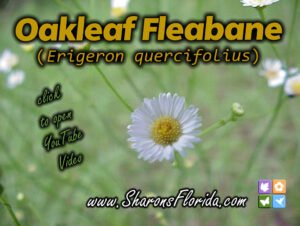Erigeron quercifolius
(Oakleaf Fleabane)
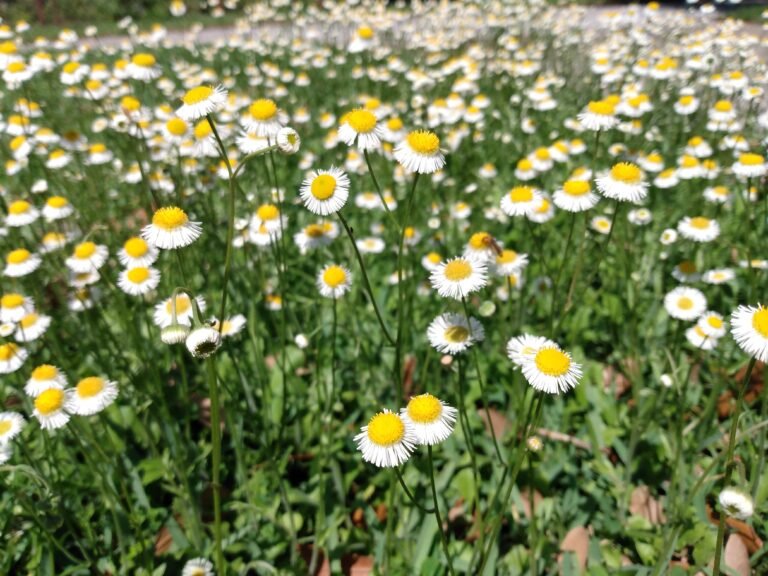
Common Names, Latin Name, and Family
Common names are oakleaf fleabane and oak-leaved fleabane.
The Latin name is Erigeron quercifolius.
It is found in the Asteraceae, or aster, family of plants.
Form
Oakleaf fleabane is a perennial in warmer parts of Florida but cooler regions it grows as a short-lived perennial or annual.
It grows to a height of about eighteen inches when it has flower stalks.
Its leaves start to get robust and appear in late winter with the blooms soon to follow.
Once the heat of early summer rolls around the plants begin to die back and go relatively unnoticed until early winter.
Leaves
Its leaves are mostly basal, oblanceolate or obovate, lobed or toothed.
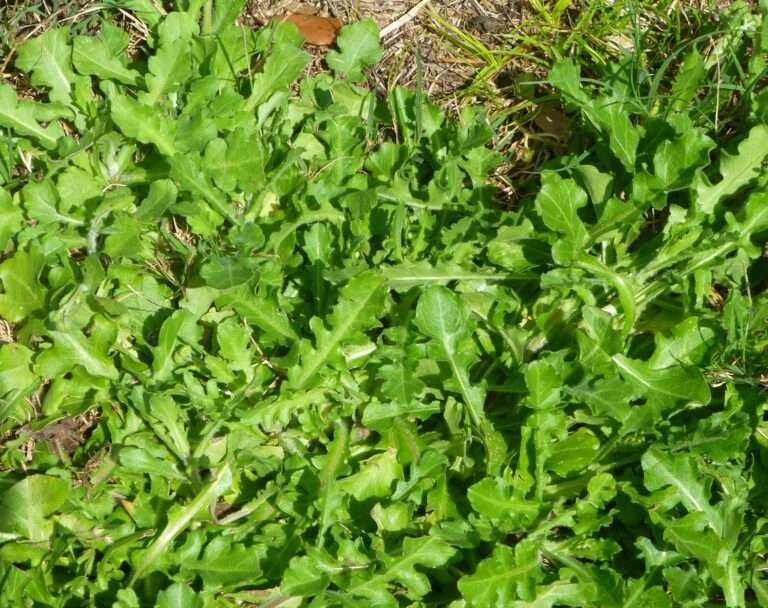
Flowers
Its flowers are small, white with yellow centers. Occasionally the rays take on a purple tint.
In Central Florida oakleaf fleabanes begin to show robust leaf growth and flower heads forming in late winter. By the end of March they are in full bloom.
They continue blooming through spring and early summer until it gets too hot for them then the leaves die back to only a few until the following year.
Deadheading the plants can produce more blooms and extend the blooming period.
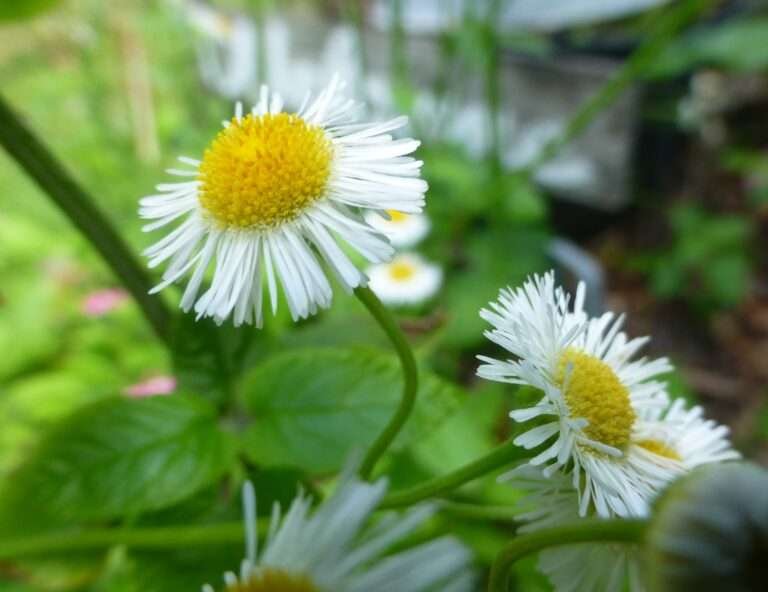
Fruit / Seeds
The seeds are very tiny and barely visible to the naked eye. When you collect the seeds the pappus, or fluffy end of the seed, is attached and a pile of the seeds look similar to a pile of sawdust.
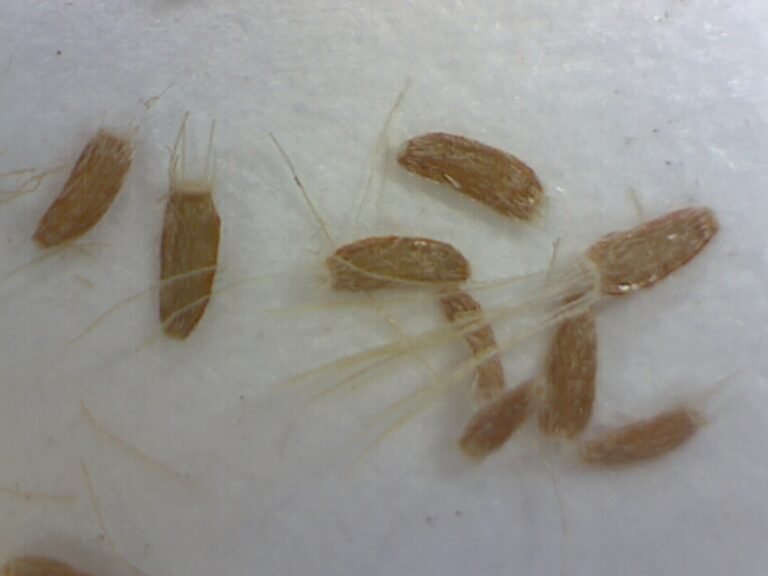
Habitat
Oakleaf fleabane is found occurring naturally in lawns, open woods, roadsides, and disturbed sites.
Native Range
In Florida oakleaf fleabane is found naturally throughout the state with the exception of a few counties in the panhandle.
Oakleaf fleabane is native to Alabama, Arkansas, Florida, Georgia, Louisiana, Mississippi, North Carolina, South Carolina, Tennessee, and Virginia.
Landscape Use
It is grown in the home landscape in full sun to part shade with average to moist soils. It is not picky about soils and will grow in just about any soil including sandy areas or rich potting soil.
It prefers natural rainfall for its watering requirements but will appreciate watering in times of dry weather. It can grow in moist locations, but not standing water.
It is only active, and noticeable, in late winter and early spring so it is best interplanted with other wildflowers so when it dies back in the hotter months there will be other wildflowers to fill in the gaps. It can be grown in containers but should be interplanted so there is a plant of interest when these die back.
If you find patches of it in your lawn you can mow around the plants for several weeks and enjoy the blooms. Just mow as you normally would once the blooming period is over and the flowers will return next year.
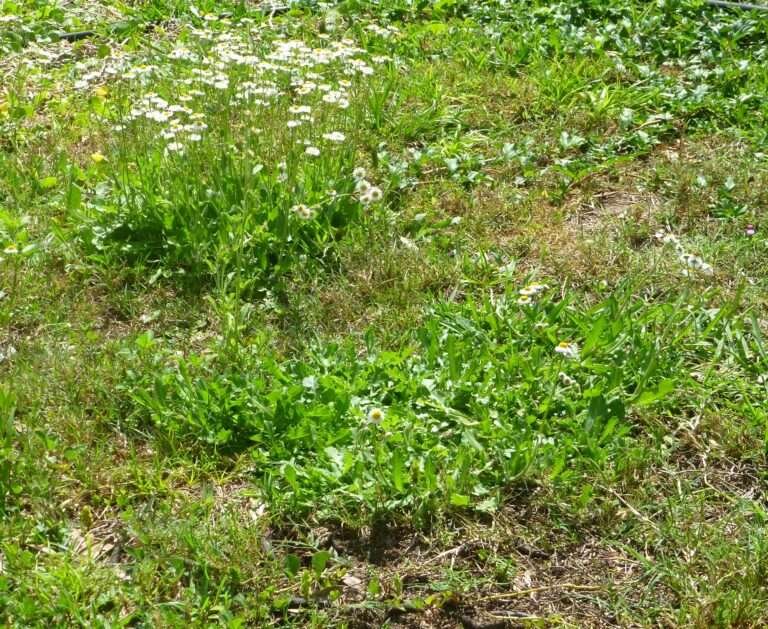
Wildlife Uses
Oakleaf fleabane is a much prized nectar, and pollen, plant for small pollinators such as sweat bees, flower flies, flower beetles, and small skipper butterflies.

Propagation
Oakleaf fleabane isn’t sold in nurseries and must be started from seeds or transplants.
The seeds are tiny and need light to germinate so don’t cover them with soil and water from the bottom up by putting your seedling pots in a tray to hold water. When they start to show growth you can lightly sprinkle a fine soil mix over them to give them more substrate to anchor themselves to.
Keep an eye out for plants that can be rescued from the roadside, or are growing in your lawn or flower beds.
They transplant very easily. Remove them from your lawn or any place they are out of place and move to your desired location. When transplanting remove the flower stalks so the plant can recover faster. Keep watered until you start to see new growth and recovery from the plants.
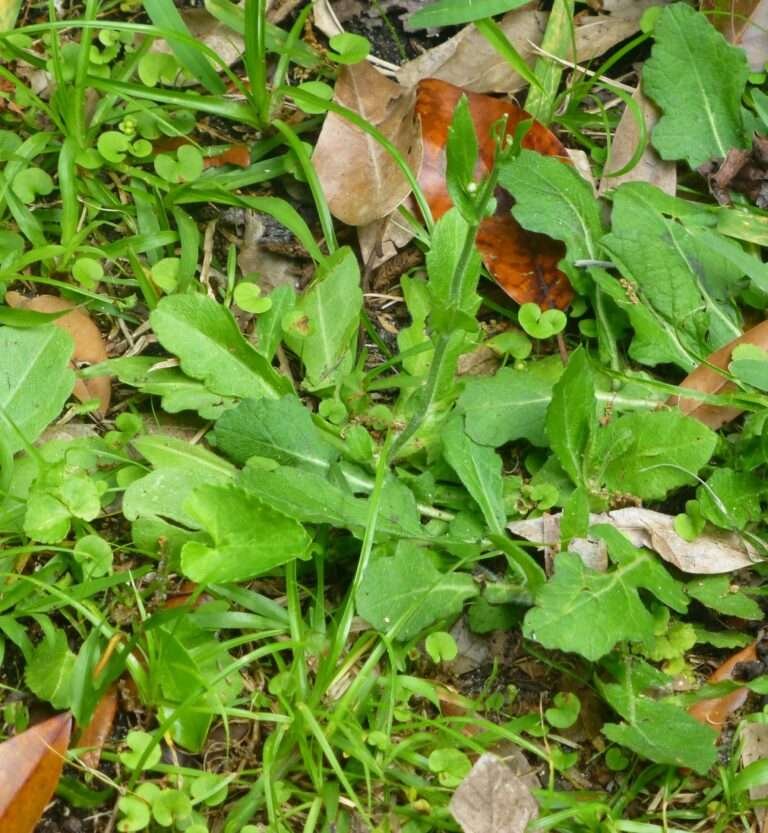
You Might Also Like: Spanish Moss

